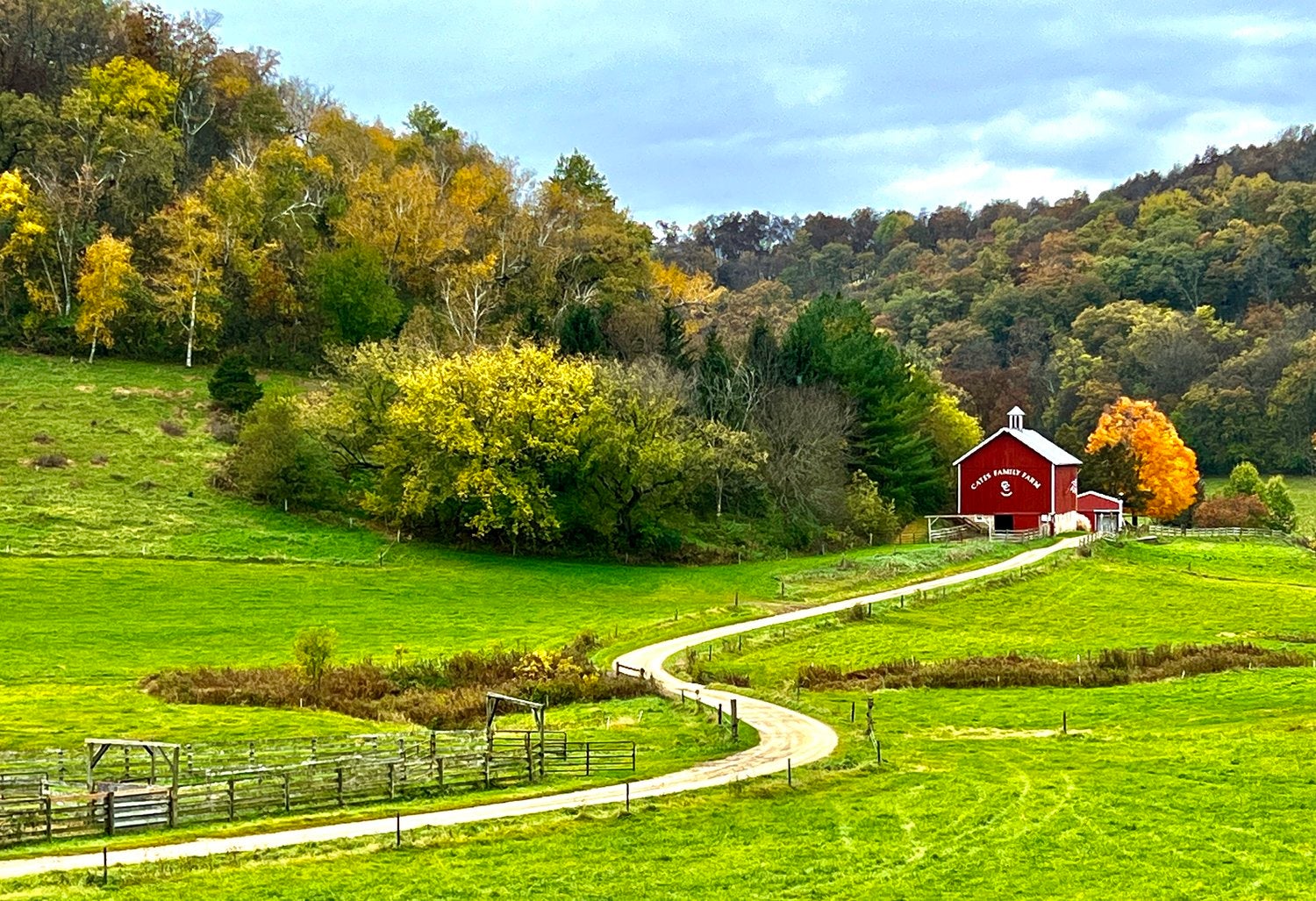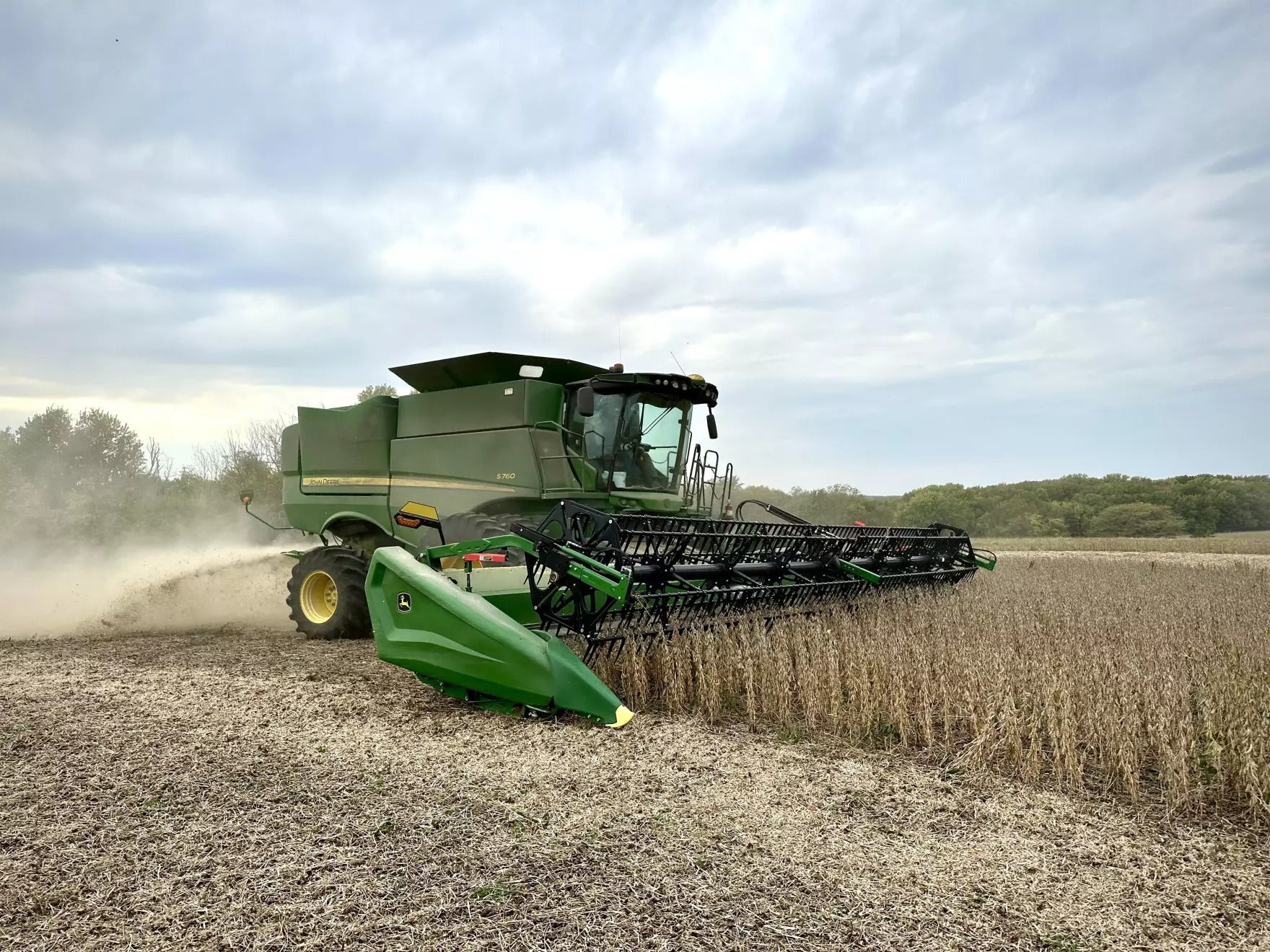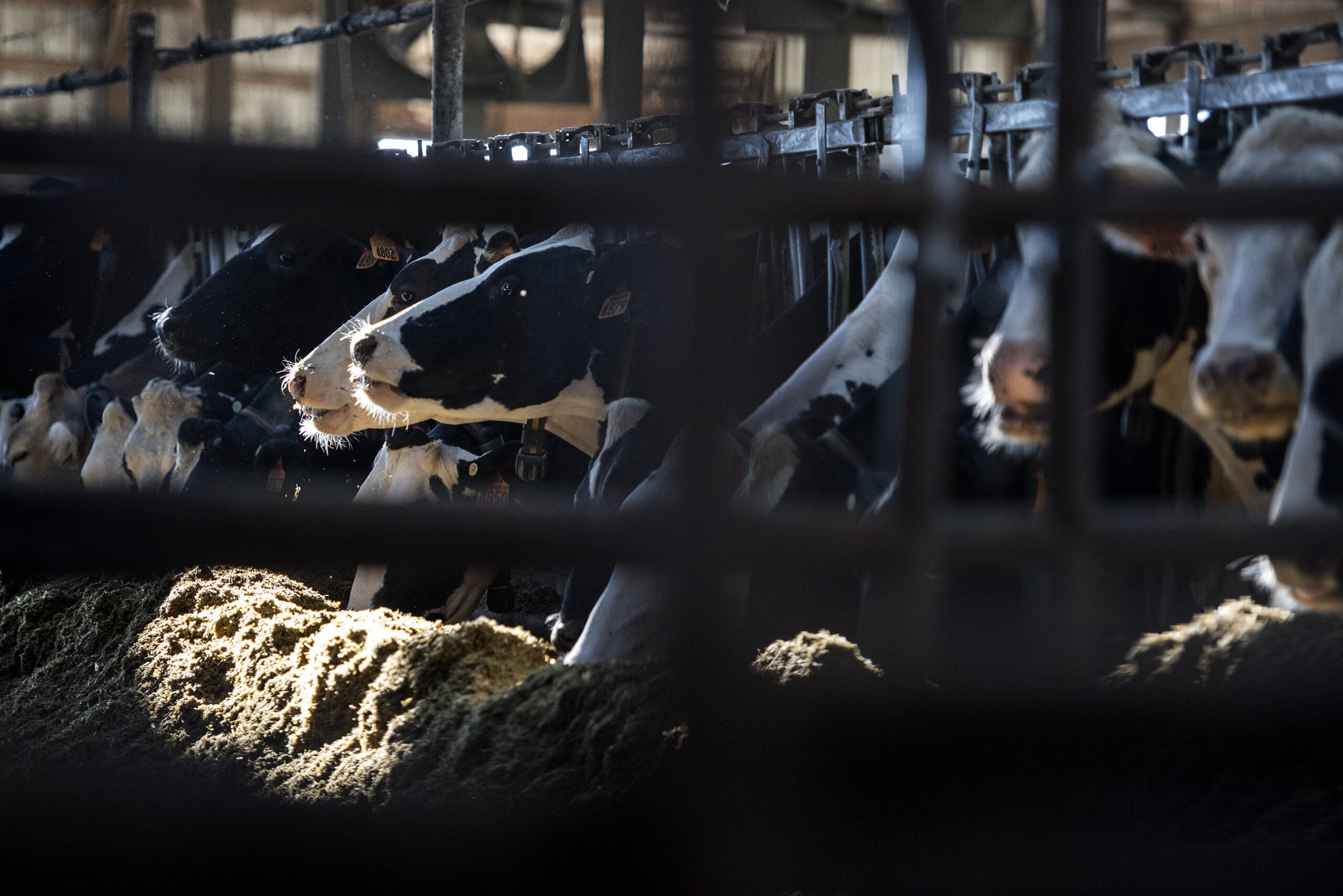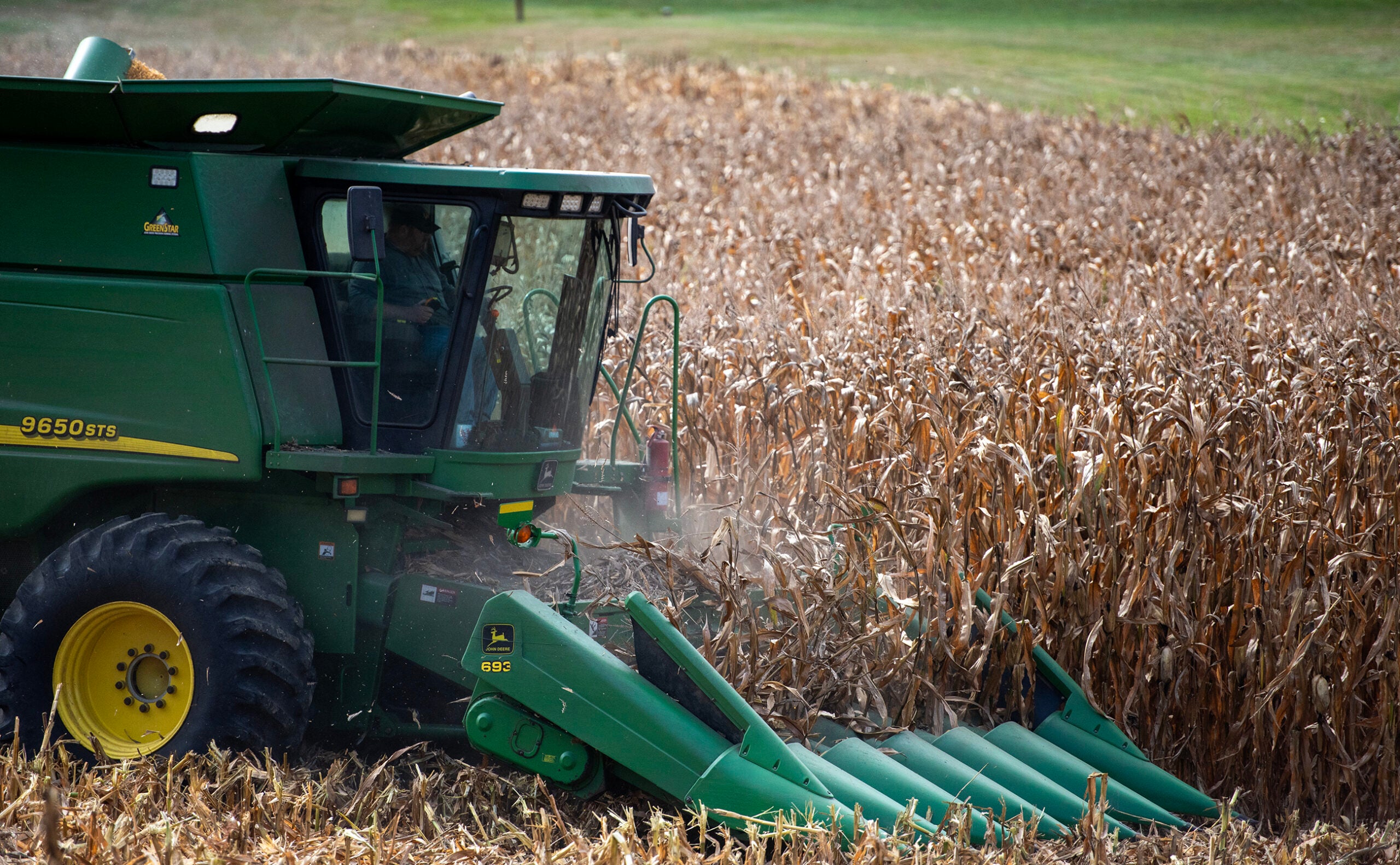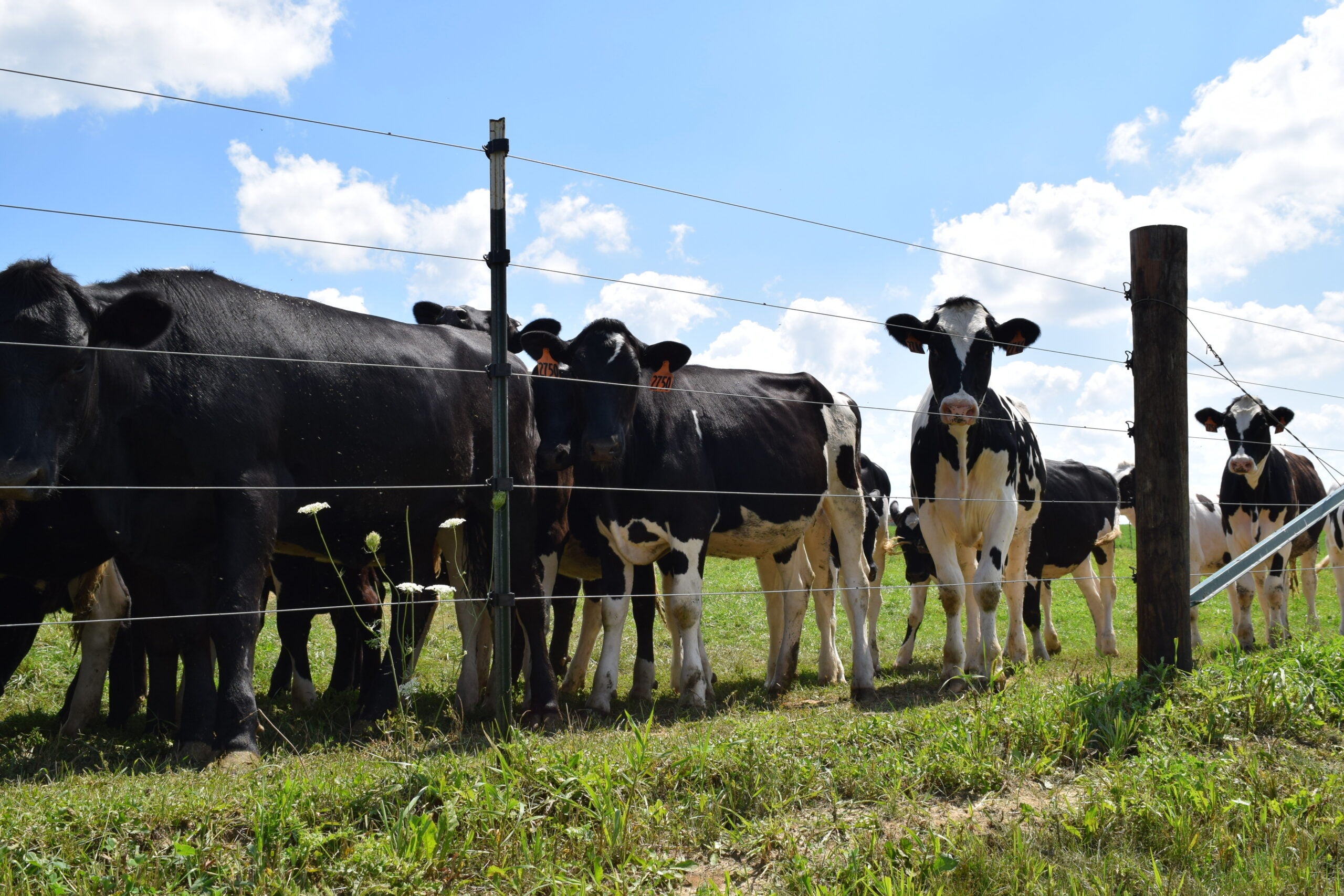A recent survey of Wisconsin’s farmers found that 56 percent of them believe climate change is happening. Another 26 percent think it isn’t happening, and 18 percent are unsure.
Those statistics might seem startling for a group of people who work outdoors every day and are attuned to the cadences of nature.
But Michael Bell, the University of Wisconsin-Madison professor who helped conduct the study, said attitudes and behaviors don’t always match up. Bell found encouragement in how the farmers are acting, not their beliefs. The same survey asked farmers if they are practicing any of 15 different sustainable agricultural practices.
News with a little more humanity
WPR’s “Wisconsin Today” newsletter keeps you connected to the state you love without feeling overwhelmed. No paywall. No agenda. No corporate filter.
“Almost everyone is doing something,” Bell told WPR’s “Wisconsin Today.” “Only 5 percent of the respondents to our survey … said they weren’t doing any of them. So, people are really working hard on this. They care, and that’s so wonderful to hear and appreciate.”
Bell and his colleagues conducted the survey because they wanted to see how farmers’ beliefs matched up with their actions. The survey was sent out in 2024 to 3,200 farmers around the state, and 942 of them responded. Bell hopes to regularly survey farmers to see how perceptions and agricultural practices might be evolving.
“We’re hoping to do this on a regular basis to get a feel of the pulse of our farm community here in Wisconsin,” said Bell, who leads the Soil Health & Agroecological Living Lab, or SHALL.
Dick Cates, co-owner of Cates Family Farm in Iowa County, told WPR about his efforts to run a sustainable cattle farm. Last year, Cates published the book, “A Creek Runs Through This Driftless Land: A Farm Family’s Journey Toward a Land Ethic,” about how his family has transitioned over three generations from seeing themselves as owners of the land to caretakers.
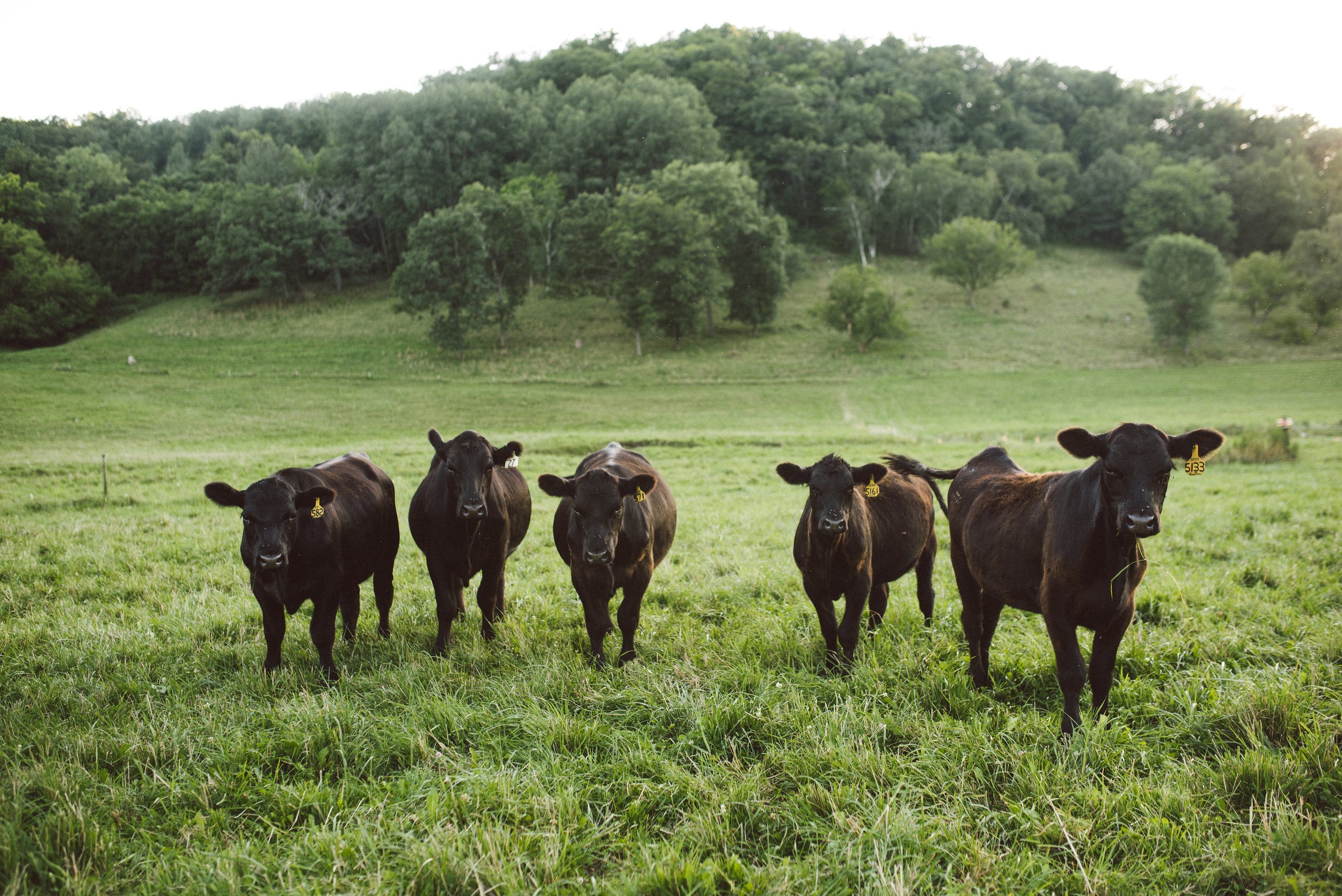
Cates grew up on the farm and returned to it with his wife in 1987. He said he’s noticed the effects of climate change over that time.
“I keep track of every time it floods here. I keep track of the rain, and I write notes about the temperatures. The long and the short of it is, I don’t think there’s really any uncertainty [about the reality of climate change],” he said. “In the winters, we have less snow. We have more freezing and thawing, and the summers are hotter with more humidity. Humidity is tougher on cattle. And although winters that are a little warmer are easier on cattle, it’s the wet that occurs, the freezing, thawing, the mud, then the ice. That makes it challenging.”
Cates has made an effort to protect the soil and water resources of the farm, as well as his animals’ welfare. He said that farmers’ practices can be influenced by the larger culture.
He and his wife recently took a trip to Nashville to visit the Grand Ole Opry, and Cates noticed something on the drive.
“I could count on one hand the number of fields between here and Tennessee that had cover crops — until I got back to my valley here, and all of a sudden, it was all green. It’s a cultural thing. It’s an ethic we need to work on together,” he said.
“In our community here, when one farmer shows good stewardship and protects the soil, the next farmer sees that and says, ‘I can do that,’” Cates added.
Bell recently visited Cates’ farm and noticed something peculiar.
“I was joking with Dick when I got out of my car: The farm was so noisy,” Bell said. “What it was noisy with was birds. There were birds everywhere. Everybody was singing. It was just glorious. The sound of sustainability, it’s there on their farm.”

